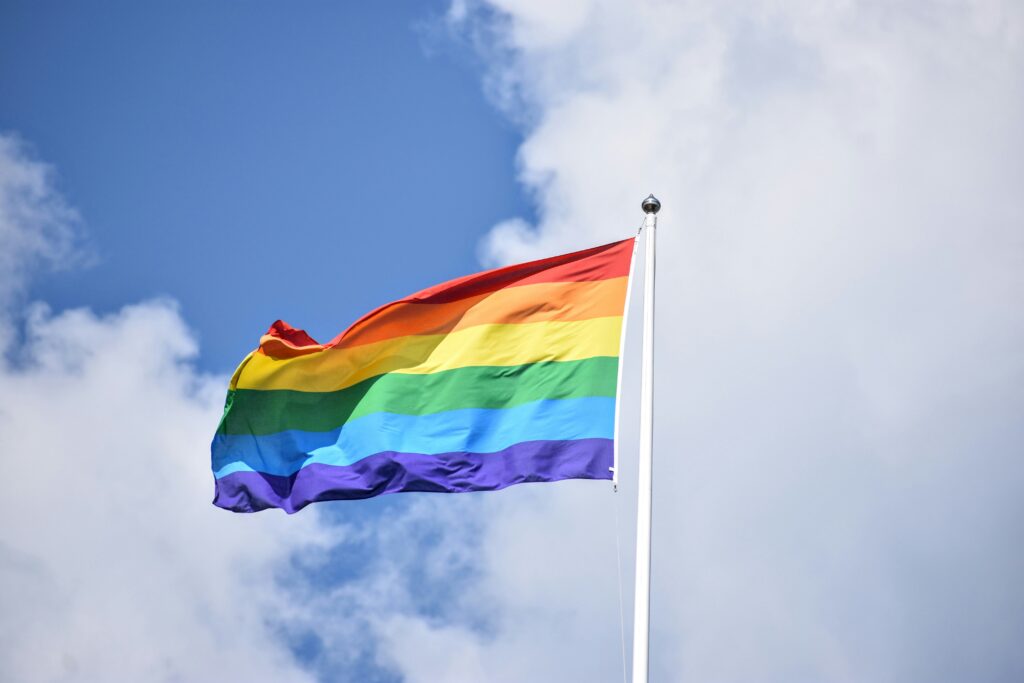In its 2024 “Rainbow Map,” ILGA-Europe has ranked Romania as the worst country in the European Union for LGBTQ+ rights. The annual report uses data on legal protections, hate crime laws, and equality measures to score each country. Romania replaced Poland at the bottom, which had held that spot since 2019. The shift comes as public support for LGBTQ+ rights in Poland grows, though legal reforms remain stalled. Meanwhile, Malta, Belgium, and Iceland continue to lead in protections and rights for LGBTQ+ communities.
Romania Falls to the Bottom of LGBTQ+ Rankings
ILGA-Europe, a leading advocacy group for LGBTQ+ rights, released its 2024 “Rainbow Map” evaluating legal and social conditions for LGBTQ+ people across Europe. Romania scored the lowest among EU nations, marking a sharp decline in protections.
Key indicators used by ILGA-Europe include anti-discrimination laws, hate crime protections, and access to legal gender recognition. Romania’s poor score reflects a lack of progress in these areas. According to the report, the country has failed to introduce or enforce basic legal safeguards for LGBTQ+ individuals.
Although Romania held pride events in recent years, activists report growing political hostility and limited government support. The country’s public discourse around LGBTQ+ rights remains tense, and hate speech has become more common in politics and media.
Poland Moves Up, But Progress Is Limited
Poland, long seen as one of the most difficult environments for LGBTQ+ people in the EU, improved slightly in the 2024 rankings. The improvement is linked to a change in government following the 2023 parliamentary elections, which saw the conservative Law and Justice Party (PiS) lose power.
Under PiS leadership, officials, including party head Jaroslaw Kaczyński, frequently criticized what they called “LGBTQ+ ideology.” In 2021, Kaczyński even associated LGBTQ+ rights with the decline of Western civilization in a nationalist media discussion.
While the new government brought hope for reform, it has yet to deliver major legal changes. Two civil partnership bills introduced in parliament were blocked by conservative members within the ruling coalition. As a result, LGBTQ+ people in Poland still lack legal recognition for same-sex couples.
Activists Win Symbolic Victories
ILGA-Europe credited Poland’s higher score to a more open public space for LGBTQ+ expression. In 2023, over 35 pride marches were held across the country with fewer incidents and less political interference than in previous years. However, ILGA-Europe also noted that police protection at these events remained limited, leaving participants vulnerable.
One of the most symbolic developments was the final removal of so-called “LGBT-free zones.” These declarations, introduced by local governments in 2019, sparked national and international backlash. Though mostly symbolic, the zones sent a harmful message and contributed to a hostile environment.
In 2024, the last of these zones was abolished after years of protests and legal pressure from the EU. The European Parliament had earlier passed a resolution denouncing the zones as discriminatory, with 463 members voting in favor.
Growing Support Among the Public
Despite slow legislative progress, public support for LGBTQ+ rights in Poland is increasing. A 2024 poll by Ipsos+ found that 67% of Polish citizens support same-sex marriage or civil unions. This marks a significant shift in public opinion over the past decade.
Activists now hope this growing support will translate into real legal reforms. Many urge the government to reintroduce civil partnership legislation and to include stronger protections against hate crimes and discrimination.
“There’s a clear gap between public opinion and political action,” said one LGBTQ+ advocate in Warsaw. “We need laws that reflect the values of the people.”
The European Union continues to push for equal rights across its member states. In the past, EU institutions have warned countries like Poland and Hungary that failure to uphold human rights could affect funding and cooperation.
With Romania now at the bottom of ILGA-Europe’s ranking, international pressure may increase. Activists hope this attention will lead to policy changes and greater protection for LGBTQ+ citizens.
As 2025 approaches, LGBTQ+ organizations across Europe are calling for stronger legal frameworks, better police protection at public events, and increased funding for equality programs.


